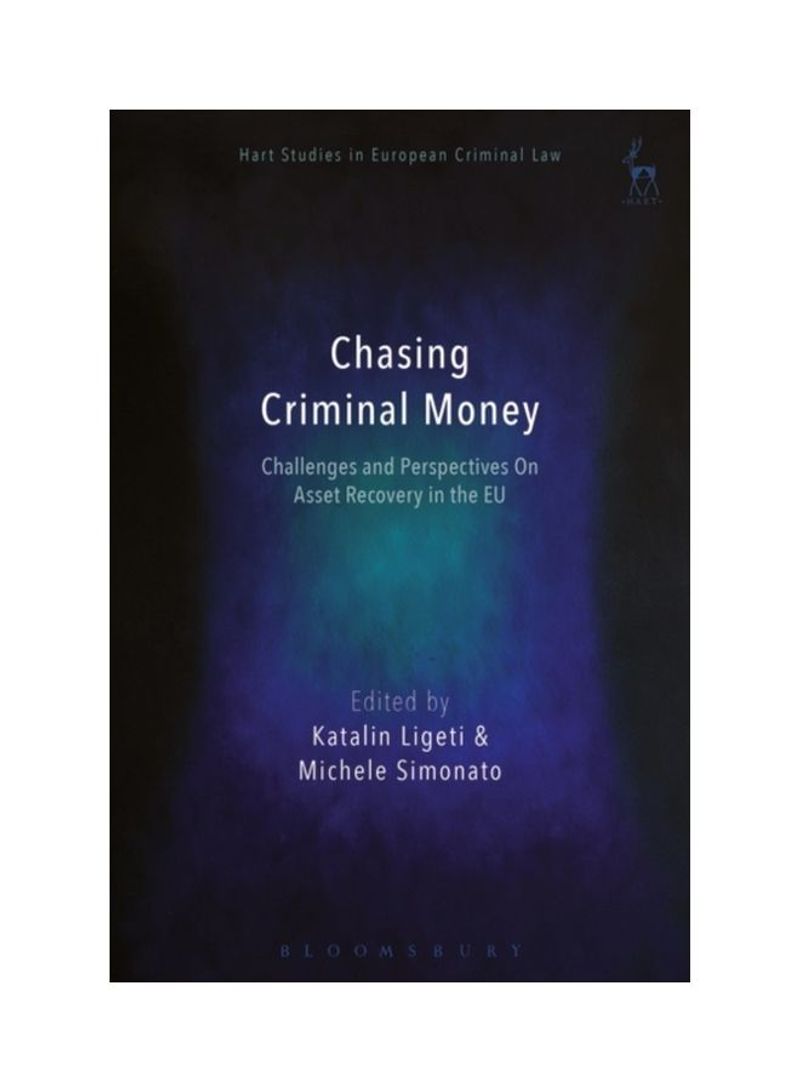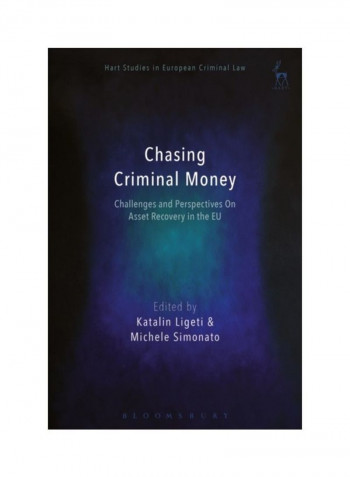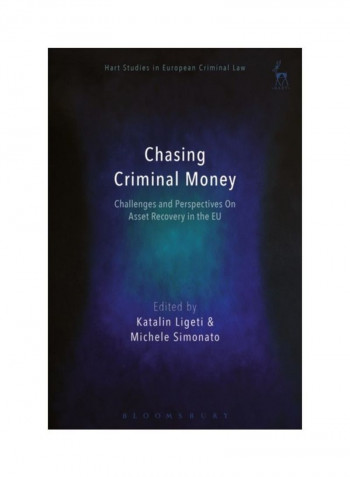Chasing Criminal Money: Challenges And Perspectives On Asset Recovery In The EU Paperback
Recommend
Sort by
Rating
Date
Specifications
Grade
New
Book Description
The fight against dirty money is not a new topic, nor a recent problem. It has existed within international and national agendas since the 1980s. Nonetheless, the evolving complexity of criminal skills and networks; the increasingly global dimension of crime; the financial crisis; and the alleged unsatisfactory results of the efforts hitherto undertaken cause us to re-pose and re-discuss some questions. This book addresses several issues concerning the reasons, objectives and scope of national and supranational strategies targeting criminal money, as well as the concrete modalities to overcome its obstacles. The main objective is to explore where the EU stands and where it ought to go, providing useful input for policy-makers and further research. Nevertheless, the problems are not limited to the EU area, and assets - particularly money - cross EU borders much more easily than people do. The reflections developed in the chapters, therefore, aim at going beyond these EU borders. The book is divided into two parts. The first one focuses on the core of asset recovery policies, namely confiscation or forfeiture laws, and explores in particular some issues concerning the respect of fundamental rights. The second part addresses other problematic aspects related to the asset recovery process, such as the return of assets to victim countries, the cross-border investigations on dirty money, and the social use of confiscated assets.
ISBN-13
9781509931293
Language
English
Publisher
Bloomsbury Publishing PLC
Publication Date
22-Aug-19
Number of Pages
400
Editor 1
Katalin Ligeti
Editor 2
Michele Simonato
Editorial Review
...this collection is immensely useful for anyone who wants to gain an understanding of the key features of asset recovery. But more importantly, it is a conversation starter; as it promises, it unleashes a torrent of constructive criticism of the objectives, scope and impediments of asset recovery. -- Foivi Mouzakiti, PhD Candidate at Queen Mary University of London New Journal of European Criminal Law [T]he chapters have clearly been written by experts, and the book is a must have for legislators - on the national level and on the EU level -, for national and European policymakers and legal practitioners, and for scholars. This book contains rich analyses and poses serious questions that urge such readers to come up with answers to improve both the legitimacy of asset recovery and the judicial cooperation throughout the EU with respect to confiscation measures. -- Tijs Kooijmans Common Market Law Review



